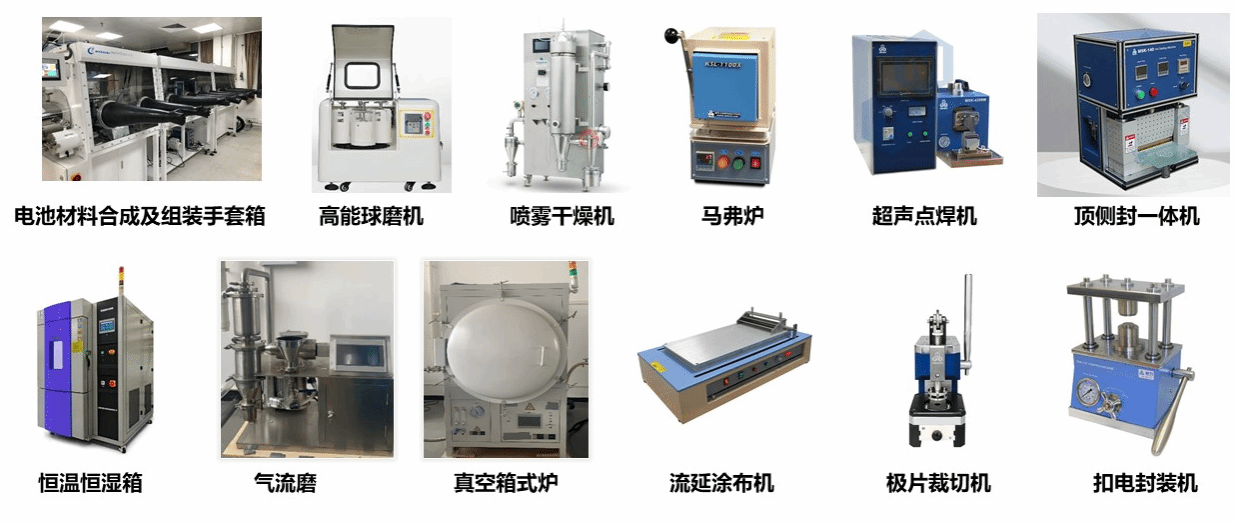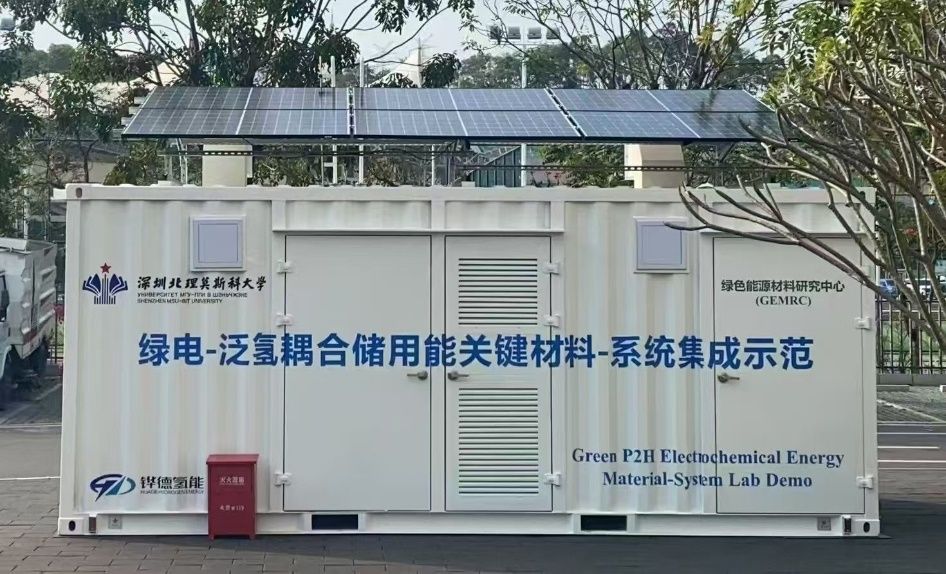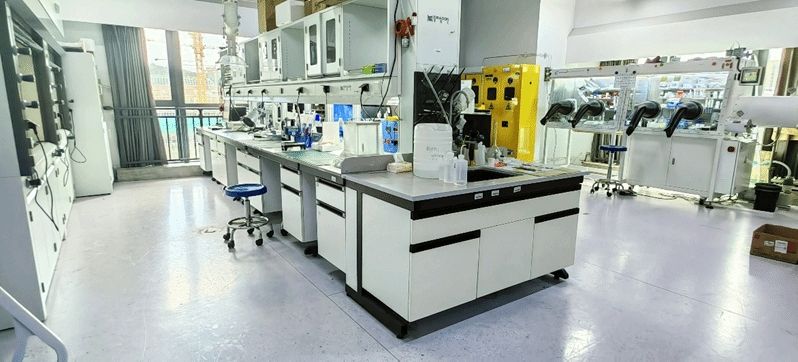Recently, the Faculty of Materials Science at Shenzhen MSU-BIT University received approval to establish the Longgang District Key Laboratory of Power Battery Materials and Devices, marking another important step forward in the university’s research platform development. The laboratory is designed to serve the needs of Shenzhen’s new energy power battery industry, bringing together top research talent from China and Russia. Its work will focus on three main directions: all-solid-state power batteries, next-generation power batteries, and hydrogen (ammonia) fuel power batteries. By deepening the integration of industry, academia, and research, the lab aims to tackle key technological challenges in developing safer, higher-energy-density, and lower-cost battery materials and devices.
The laboratory builds on the Green Energy Materials Research Team of the Faculty of Materials Science and is led by Professor Shukui Li, who serves as its Director. The team includes 14 core researchers from both China and Russia, comprising 2 professors, 5 associate professors, 3 senior lecturers, and 4 lecturers. Located in SMBU’s No.1 Experimental Building, the lab provides over 700 square meters of dedicated research space, equipped with more than 90 medium- and large-scale instruments and facilities. These resources support comprehensive capabilities in materials analysis and characterization, device fabrication, and performance testing for power battery research. The laboratory also actively collaborates with leading universities and research institutes, including Beijing Institute of Technology, City University of Hong Kong, The Chinese University of Hong Kong (Shenzhen), and South China Agricultural University. Through joint graduate training programs spanning materials science, physics, chemistry, and artificial intelligence, it is fostering a diverse, interdisciplinary academic ecosystem.


Selected equipment of the Key Laboratory on display

Corner view of the Key Laboratory
The laboratory is currently advancing the construction of a pilot base for power battery materials, continuously upgrading its research platform. Moving forward, it will remain focused on its signature research directions, targeting high energy density, high safety, ultra-fast charging, and low-cost battery technologies. Its work will drive both fundamental research and industrial application in all-solid-state batteries, next-generation battery systems, and hydrogen (ammonia) fuel batteries. The laboratory also looks forward to extensive cooperation with domestic and international peers, enterprises, and research institutes, joining forces to promote scientific innovation, talent cultivation, and the upgrading of new energy vehicle and energy storage industries in Shenzhen and the Guangdong–Hong Kong–Macao Greater Bay Area.